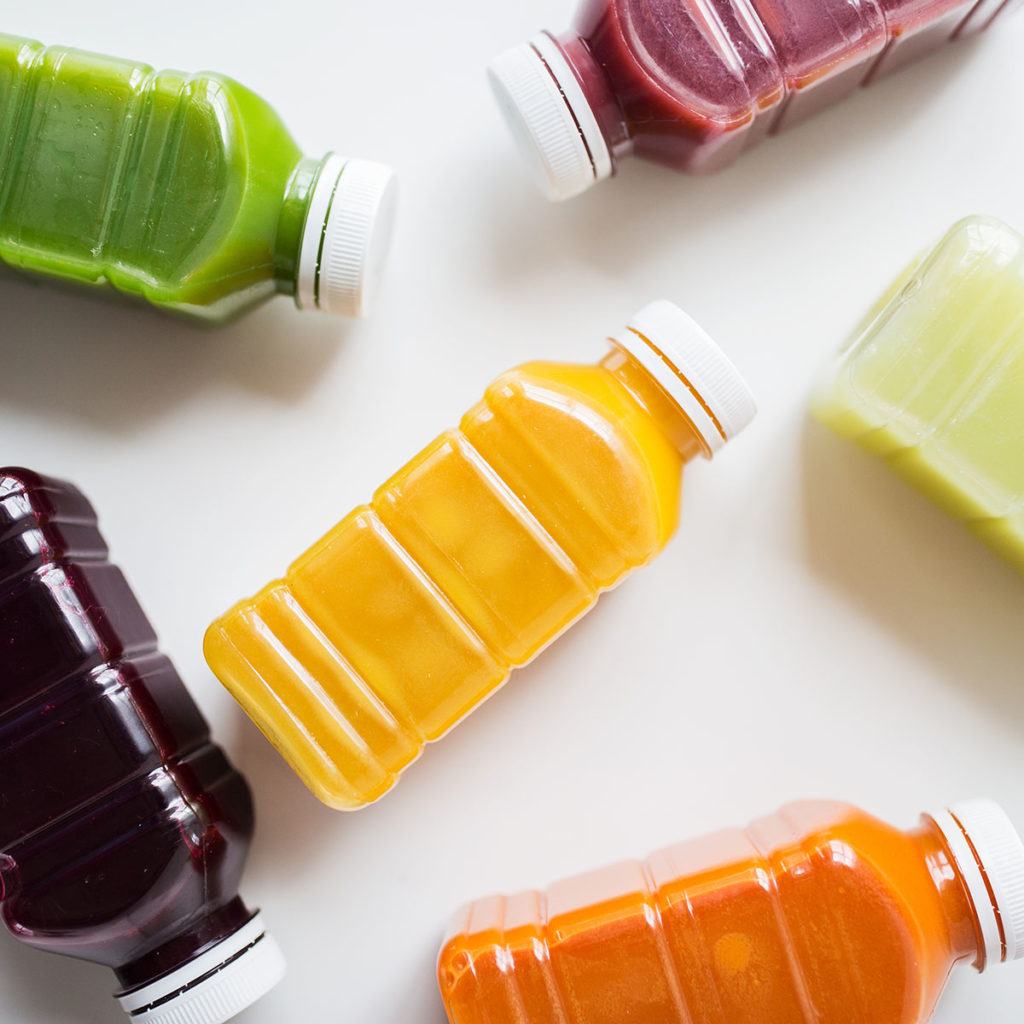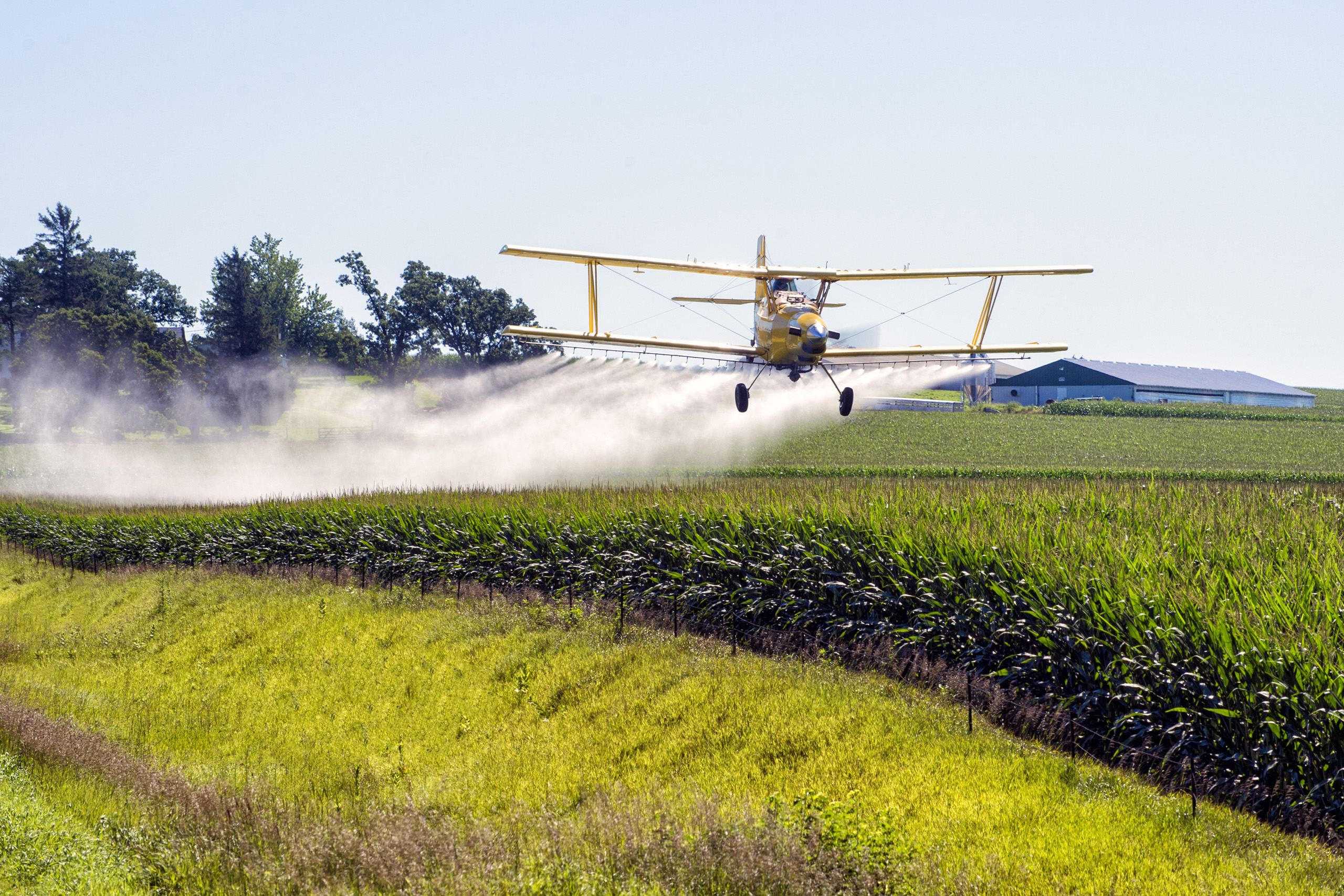
SUSTAINABILITY
Consumer Interest in Sustainability Continues to Grow
Every food company, from multinational to local food producers, cannot ignore the consumer expectations and conversations on sustainability topics such as climate change and societal impacts from food production. The European Commission’s (EU) Farm to Fork strategy set a target of at least 25 percent of the EU agricultural land to be used for organic farming and organic aquaculture by 2030. To meet the growing market demand and support brand integrity, FoodChain ID offers organic and sustainability certifications globally.
REGULATORY
New Regulatory Concerns on Food Packaging
Per- and polyfluoroalkyl substances (PFAS) are a group of chemicals that have been used in consumer products for many years. Originally the PFAS of concern were limited to two main chemicals, Perfluoroctanoic acid (PFOA) and Perfluoroctanesulfonic acid (PFOS), used in food packaging to prevent oil absorption from foods, such as with pizza boxes or frozen food containers. Recently the US Environmental Protection Agency (EPA) updated the definition of PFAS and increased the number of chemicals to over 9,000. Currently regulations are being developed in many countries and individual US states to ban the use of PFAS in many applications. The extent of the bans can differ by region and countries. FoodChain ID staff and services such as FoodChain ID Packaging Compliance and Regulatory Trends help our customers keep informed and compliant with regulatory changes surrounding PFAS.


FOOD SAFETY/FOOD FRAUD
Food Fraud Across Borders
The Global Food Safety Initiative (GFSI) and various regulatory bodies around the world develop requirements to mitigate the risk of food fraud. Food manufacturers following GFSI-benchmarked standards (such as SQF, BRCGS, FSSC 22000) must assess their risk of food fraud for raw materials and ensure appropriate prevention measures are in place. Within Codex Alimentarius, discussions about food fraud that began in 2016 at the meeting of the Codex Committee on Food Import and Export Inspection and Certification Systems (CCFICS) have continued with a working group drafting guidance on the prevention and control of food fraud. The current state of the draft guidance will be reviewed and discussed at the upcoming CCFICS meeting in May. FoodChain ID will be tracking progress of the document to ensure we are best able to support our clients.
NUTRITON ISSUES
Sweetener Safety Questioned
A new study attempted to link the artificial sweetener erythritol to negative cardiovascular outcomes including heart attack, blood clotting and stroke. The publication alleged that erythritol causes clotting of the platelets, which contributes to cardiovascular events. FoodChain ID regulatory and nutrition experts and other industry commentators pointed out that the study did not control for risk factors including weight, physical activity level, and existing cardiovascular risk factors. In addition, the study examined association and not causation. As with many sweeteners, erythritol has been vetted in a vigorous scientific and regulatory approval process and is currently broadly approved for use in over 30 markets.











